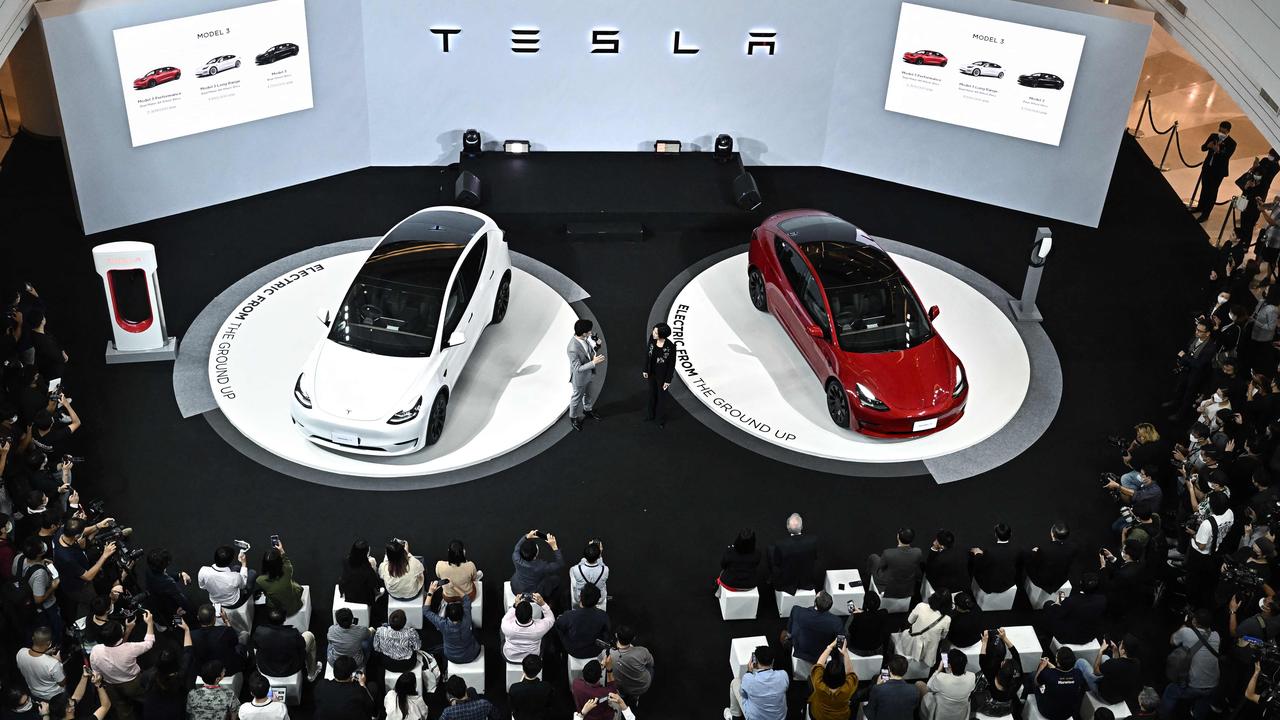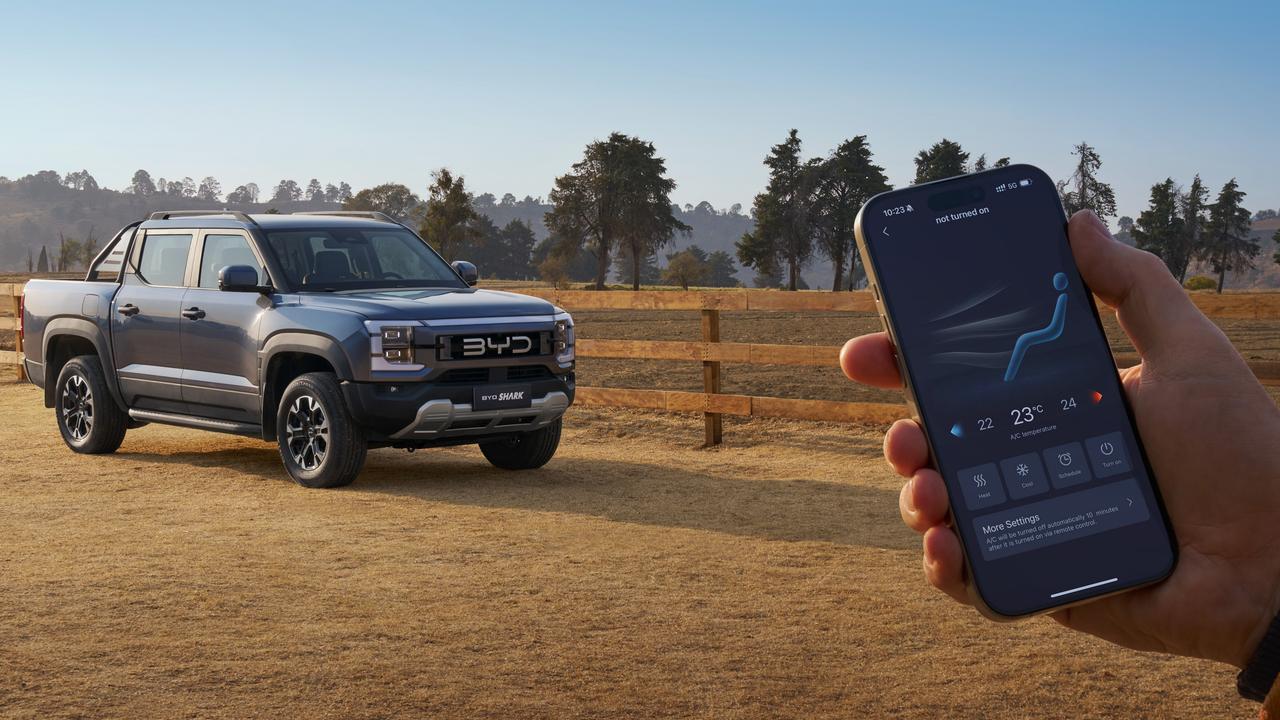Australia’s Growing Reliance on Chinese Cars Under Spotlight
The proposed US ban on connected vehicle technology from Chinese car companies has brought Australia’s increasing dependence on Chinese vehicles into sharp focus. China is now Australia’s third-largest source of new vehicles and the largest source of electric vehicles by a significant margin.

The Biden Administration’s proposed ban, driven by cybersecurity and privacy concerns, has significant implications for Australia. Chinese manufacturers such as BYD, MG, and GWM are among the fastest-growing brands on Australian roads, with new entrants like Zeekr, XPeng, and Leapmotor set to join the market.
The Australian government is monitoring the US developments, with the Department of Home Affairs engaging with US authorities to understand the implications of the proposed regulation. Shadow Home Affairs and Cyber Security Minister James Patterson has urged the government to take action, citing national and cyber security concerns.

University of New South Wales associate professor Katharine Kemp described connected vehicles as ‘surveillance devices’ that continuously transmit data to manufacturers and others overseas. She highlighted Australia’s outdated Privacy Act and the need for updated regulations to address the complex nature of connected car technology.

Industry experts warn that a ban on Chinese software and hardware in Australia would be challenging and costly, potentially leading to higher car prices, reduced competition, and a slowdown in EV adoption. As the US and Europe restrict Chinese cars, Australia may become an increasingly important market for Chinese manufacturers.
The issue extends beyond consumer vehicles, with government fleets also potentially vulnerable. As Australia navigates this complex situation, the need for a balanced approach that addresses security concerns while promoting EV uptake and consumer choice becomes increasingly critical.


